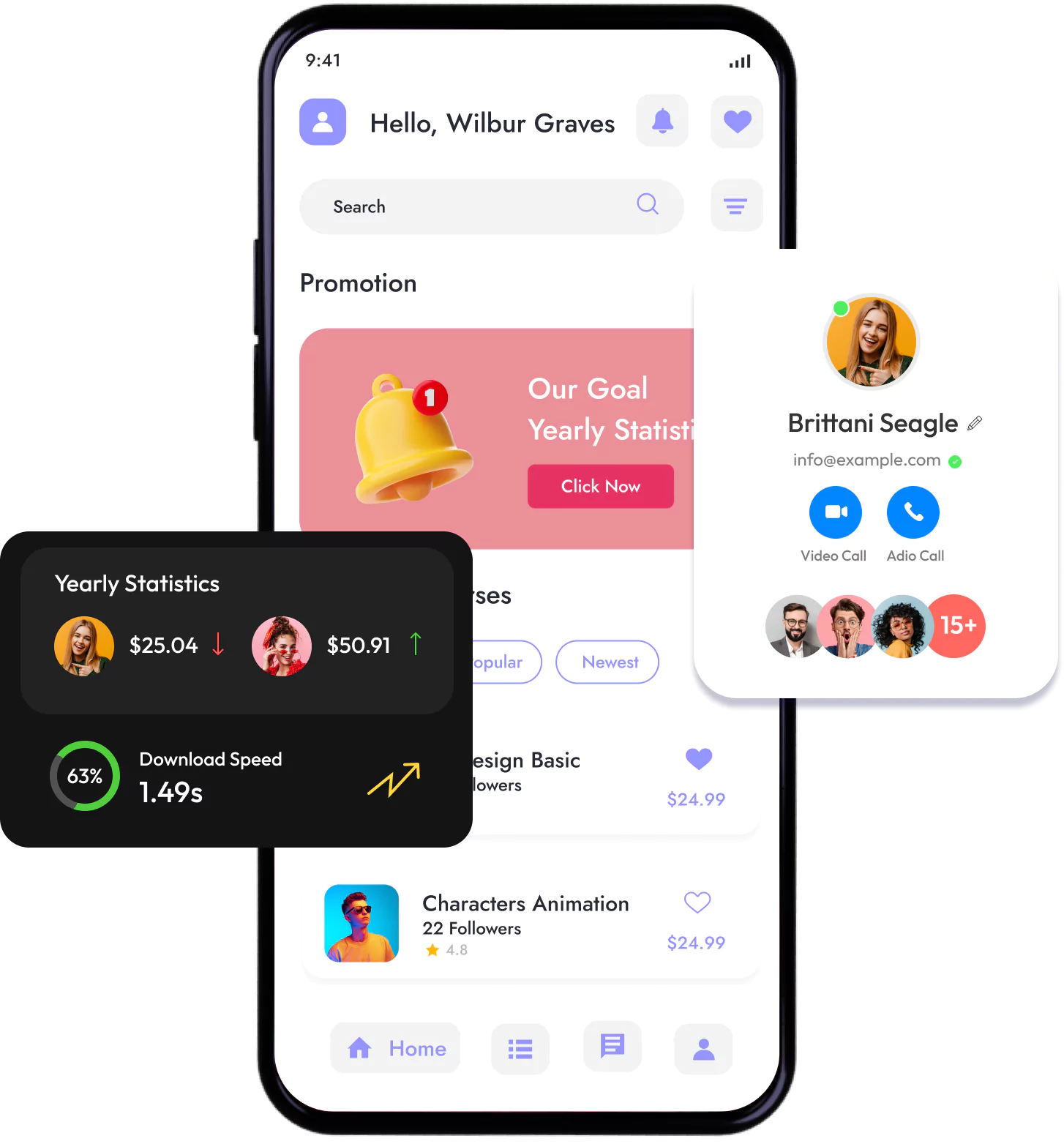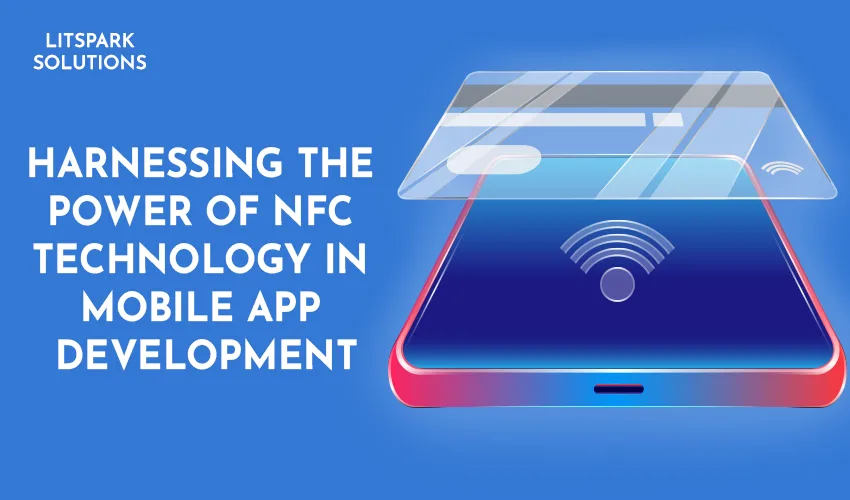In today’s digital world, having a mobile app for your business is essential. But with so many solutions available, it can be overwhelming to decide which type of app is right for you. In this article, we will explore the differences between native, hybrid, and web apps to help you make an informed decision based on your business objectives and target audience.
Native apps are developed specifically for particular platform as a solution, such as iOS or Android. They are built using platform-specific programming languages like Java for Android and Swift for iOS. These apps are downloaded and installed directly on the user’s device from the respective app stores.
One of the major advantages of native apps is their superior performance. Since they are optimized for a specific platform, they can take full advantage of the device’s hardware and operating system capabilities. This results in faster loading times, smoother animations, and overall better user experience.

However, developing native apps can be more expensive and time-consuming compared to other app types. It requires specialized knowledge of platform-specific programming languages and tools. If you want your app to be available on multiple platforms, you will need to develop separate versions for each platform, increasing development costs even further.

Web apps, on the other hand, are essentially websites that look and feel like mobile apps. They run in web browsers like Chrome, Safari, or Firefox and do not need to be downloaded from app stores. Users can access them by simply typing in a URL or searching for the website.
One of the main advantages of web apps is their wide reach. They are compatible with almost any device with a web browser, including smartphones, tablets, and even smart TVs. This means you can reach a larger audience without the need to develop separate versions for different platforms.
Web apps are also cost-effective to develop and maintain. They use common web technologies like HTML, CSS, and JavaScript, making them relatively easy to build. Updates to web apps can be made instantly without going through an app store approval process, ensuring that users always have access to the latest version.
Hybrid apps are a combination of native and web apps. They are built using web technologies like HTML, CSS, and JavaScript and then wrapped in a native shell that allows them to be installed and run on a device like a native app. This makes them cross-platform compatible, meaning you can develop a single app that works on both iOS and Android.
The main advantage of hybrid apps is their cost-effectiveness and faster development time. Since you only need to build one app for multiple platforms, it saves both time and resources. Hybrid apps also have access to device features and hardware through plugins, allowing you to create more interactive and engaging experiences for your users.

However, hybrid apps may not offer the same level of performance and user experience as native apps. They rely on web technologies, which can be slower and less responsive compared to native code. Additionally, the customization options for hybrid apps may be limited compared to native apps, as they need to be compatible with both platforms.
Now that we have explored the differences between native, web, and hybrid apps, let’s consider some key factors that can help you make the right decision for your business:
Hybrid apps are a combination of native and web apps. They are built using web technologies like HTML, CSS, and JavaScript and then wrapped in a native shell that allows them to be installed and run on a device like a native app. This makes them cross-platform compatible, meaning you can develop a single app that works on both iOS and Android.
Evaluate your development budget and timeline. Native app development can be more expensive and time-consuming, especially if you need to develop separate versions for multiple platforms. Web apps are generally more cost-effective and quicker to develop. Hybrid apps offer a balance between cost and performance, as you only need to build one app for multiple platforms.
Consider the features and functionality you need for your app. Native apps have the most extensive access to device features and hardware, allowing you to create more immersive experiences. Web apps have limited access, while hybrid apps provide access through plugins but may have some limitations compared to native apps.
Think about the user experience and performance you want to deliver. Native apps offer the best performance and user experience, as they are optimized for specific platforms. Web apps may have slower load times and limited interactivity, but they can still provide a satisfactory user experience and solution to the problems faced. Hybrid apps can offer a good user experience, but they may not match the level of performance and customization options of native apps.
Consider the maintenance and update process for your app. Native apps require updates to be submitted and approved by app stores, while web apps can be updated instantly. Hybrid apps fall somewhere in between, as updates need to go through the app store but can be done more efficiently compared to separate native apps.

Choosing the right mobile app type for your business depends on various factors, including your business objectives, target audience, budget, required features, and desired user experience. Native apps offer superior performance and access to device features but can be more expensive to develop. Web apps provide wider reach and cost-effectiveness but have limited functionality. Hybrid apps offer a balance between cost and performance, making them a popular choice for many businesses.
Ultimately, the decision comes down to understanding your business needs and finding the app type that aligns best with your objectives. Whether you choose native, web, or hybrid, investing in a mobile app can greatly benefit your business by reaching and engaging your target audience in a convenient and user-friendly way.
So, take the time to evaluate your options and make an informed decision that will set your business on the path to mobile success.


